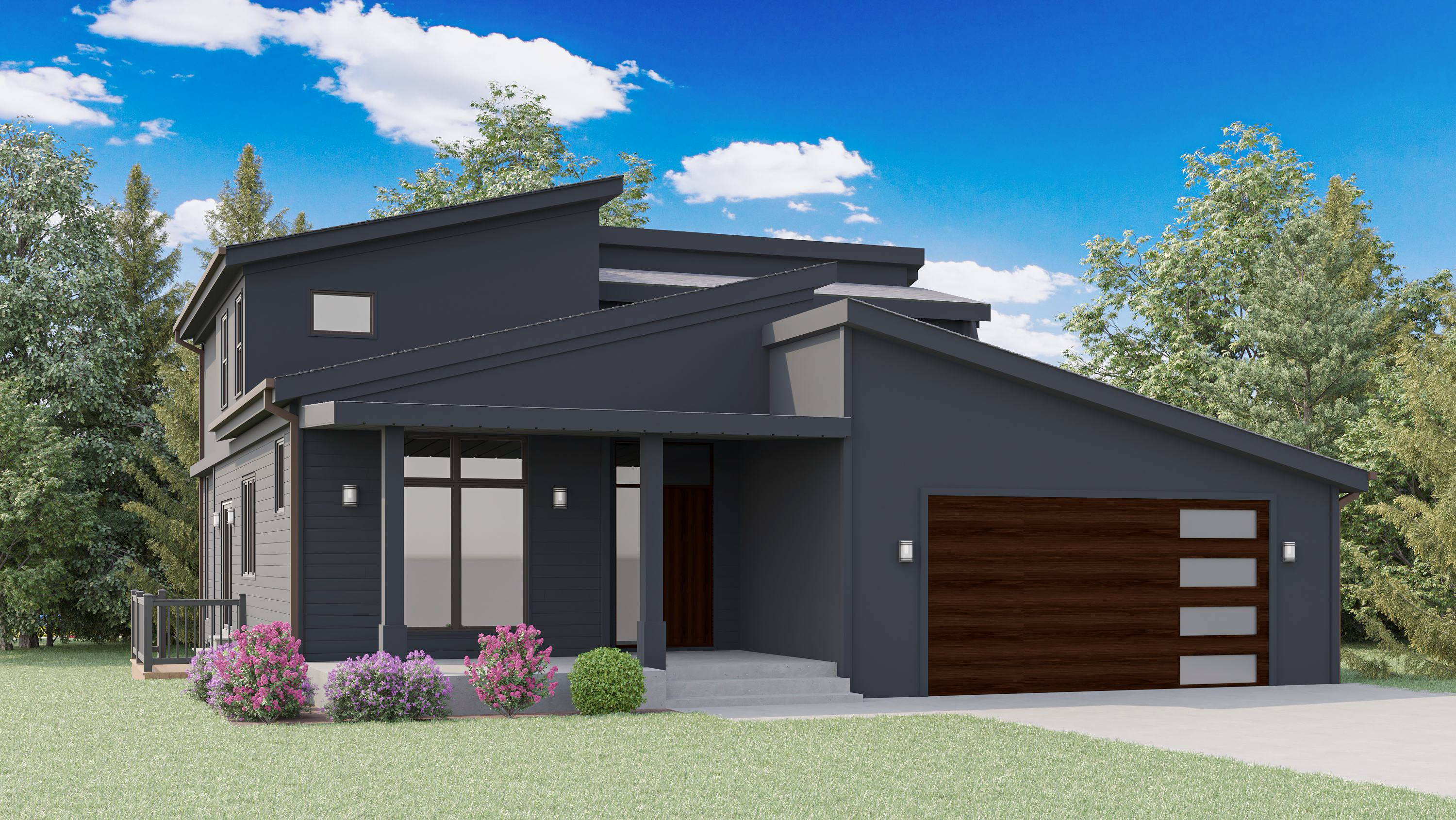While you are doing your research for a custom home builder you will find there are many different types of contracts offered. Fixed pricing is the way that consumers prefer things. If you think about it, we make majority of our purchases in life with a fixed price given to us before we get to the check out lane. However, in practice, fixed price contracts can lead to massive change orders. In this blog post, we’ll explore three reasons why fixed price contracts can lead to massive change orders.
Too much “Fluff” in bids
Fixed price contracts are often presented as all-inclusive and straightforward, with no surprises or hidden costs. However, many builders include too much “fluff” in their bids, resulting in higher initial costs than necessary. This fluff could come in the form of materials and finishes that are more expensive than necessary, excessive contingency allowances, or a higher profit margin than is standard for the industry. When a builder submits a fixed price bid with inflated costs, the homeowner is unaware of the actual costs until the project is underway. This can lead to change orders when the homeowner realizes that they’re paying more than they should.
Missed bid details
Another common issue with fixed price contracts is that builders can miss bid details that are necessary for the project’s completion. The builder may overlook some of the project’s unique requirements, such as challenging terrain, special permits, or extra excavation costs. When the builder realizes that they missed these details, they must issue change orders to compensate for the extra costs. These change orders can result in significant delays and added expenses for the homeowner, who thought that they had already paid for the project’s full
Delays as a result of stealing from Peter to pay Paul
In some cases, builders may offer lower fixed price bids to win a contract and then cut corners during construction to stay within budget. This can result in delays, lower quality workmanship, and subpar materials. To cover the additional costs of these necessary changes, the builder may redirect funds allocated for other parts of the project. This robbing Peter to pay Paul approach can lead to even more change orders as the project continues, as the builder has to keep shifting funds to cover expenses.
In conclusion, fixed price contracts can be attractive for homeowners because they provide a clear and straightforward price for the project. However, as we’ve seen, fixed price contracts can lead to massive change orders when the bid contains too much “fluff,” builders miss bid details, or they resort to robbing Peter to pay Paul. Homeowners need to be aware of these potential issues and carefully review their contracts with their builders before signing on the dotted line. By doing so, they can minimize the risk of additional costs and project delays.
Do you want more information about your custom home building project? Set an appointment with Ryan today.
